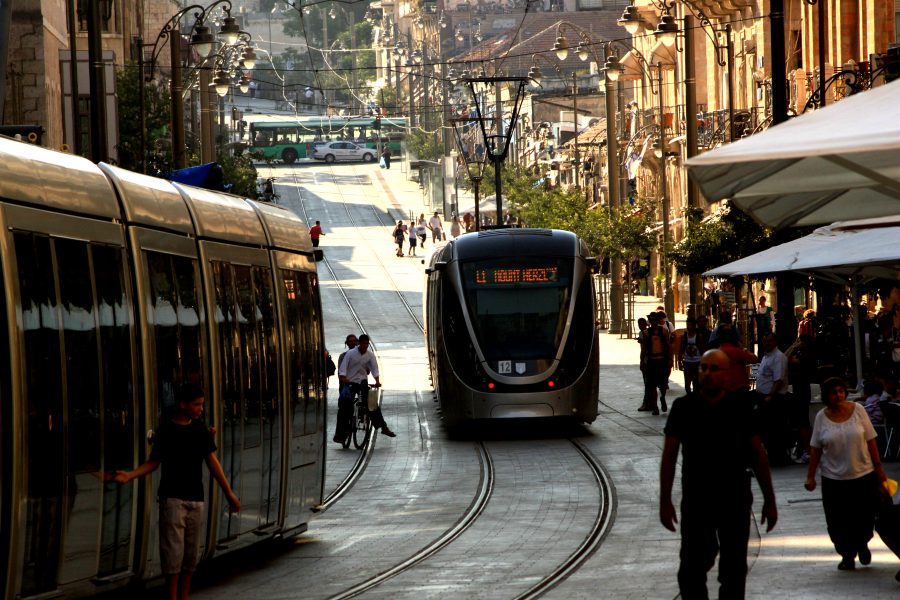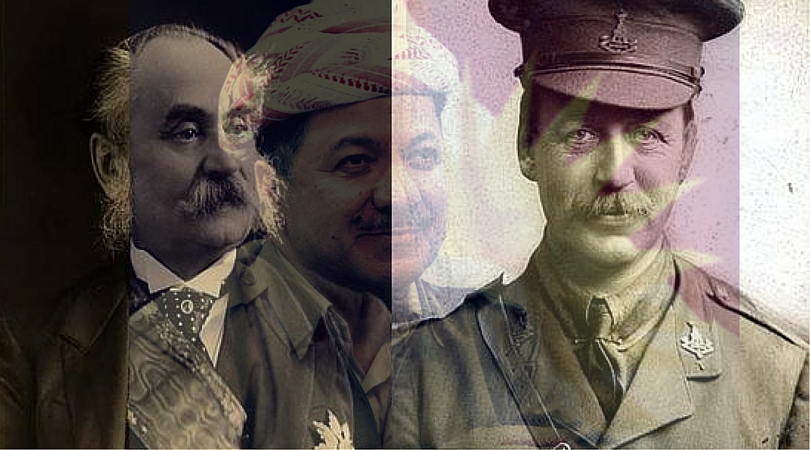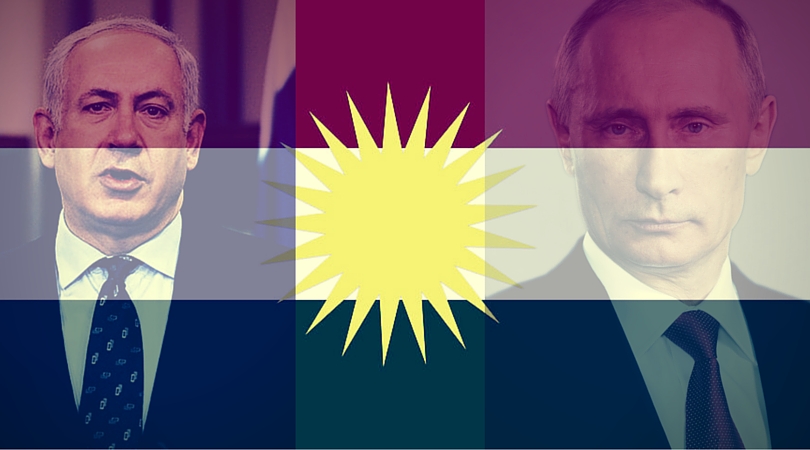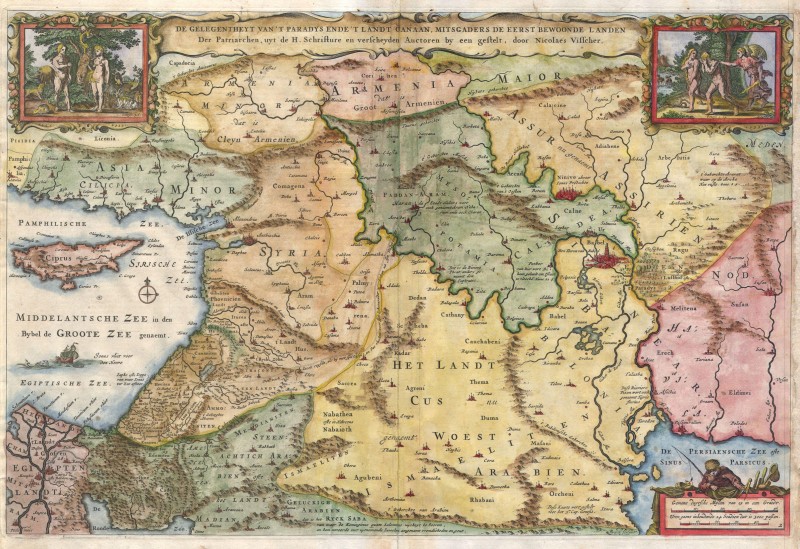With Russia and Iran solidly working together to etablish a new Middle Eastern paradigm, Israel appears to be creating one of its own. Late Friday, the IDF responded to the Duze village of Hader’s request for help against ISIS by stating that Israel will absolutely lend aid to the embattled village. There is only one problem, Hader is not within the current boundaries of Israel, but rather just East in Syria.

The village residents felt so threatened by ISIS that many attempted to break into Israel for safety where many of their relatives live. The Druze are a stateless people who are spread between Syria, Southern Lebanon, and Israel. In Israel, they are considered loyal, with many serving in the top units.
With Syria and Iran threatening Israeli security, the plight of Hader could well be the key for Israel’s entry into creating a formidable buffer against its enemies. The Druze are loyal to the country they live in, which means the Syrian regime has benefited from outsized Druze support even during its lowest point during the civil war. Yet, Hader lies far West from the Syrian Druze main area called Jabal Al-Druze or Druze mountain.
Due to Hader’s location, Syria has been unable to apply its control there, which gives Israel the possibility for establishing a forward base in Syria, which can be used to push back Iranian control in the area. It is not clear how serious Hader is about its desires for Israeli help or even the ability for the IDF to enter, but given the fact that the region is under remendous mount of chaos, there is a logic in rethinking the borders and relationships in the area. With the Druze finding success in Israel in a way they don’t in other areas, a unique opportunity may now exist to reach out to Druze communities in Southern Lebanon and Western Syria by offering a chance to ensure these communities security and prosperity under an expanded Israeli security umbrella.
This would send a message to Iran and even Russia that they are not the only ones that can shape and change assumed regional foundations. The Syckes-Picot agreement has been buried. It appears to be time for Israel to take charge and push back against Iranian and Russian machinations. Hader is the first test.





![Sykes-picot[1]](http://israelrising.wpengine.com/wp-content/uploads/2016/05/Sykes-picot1.png)



